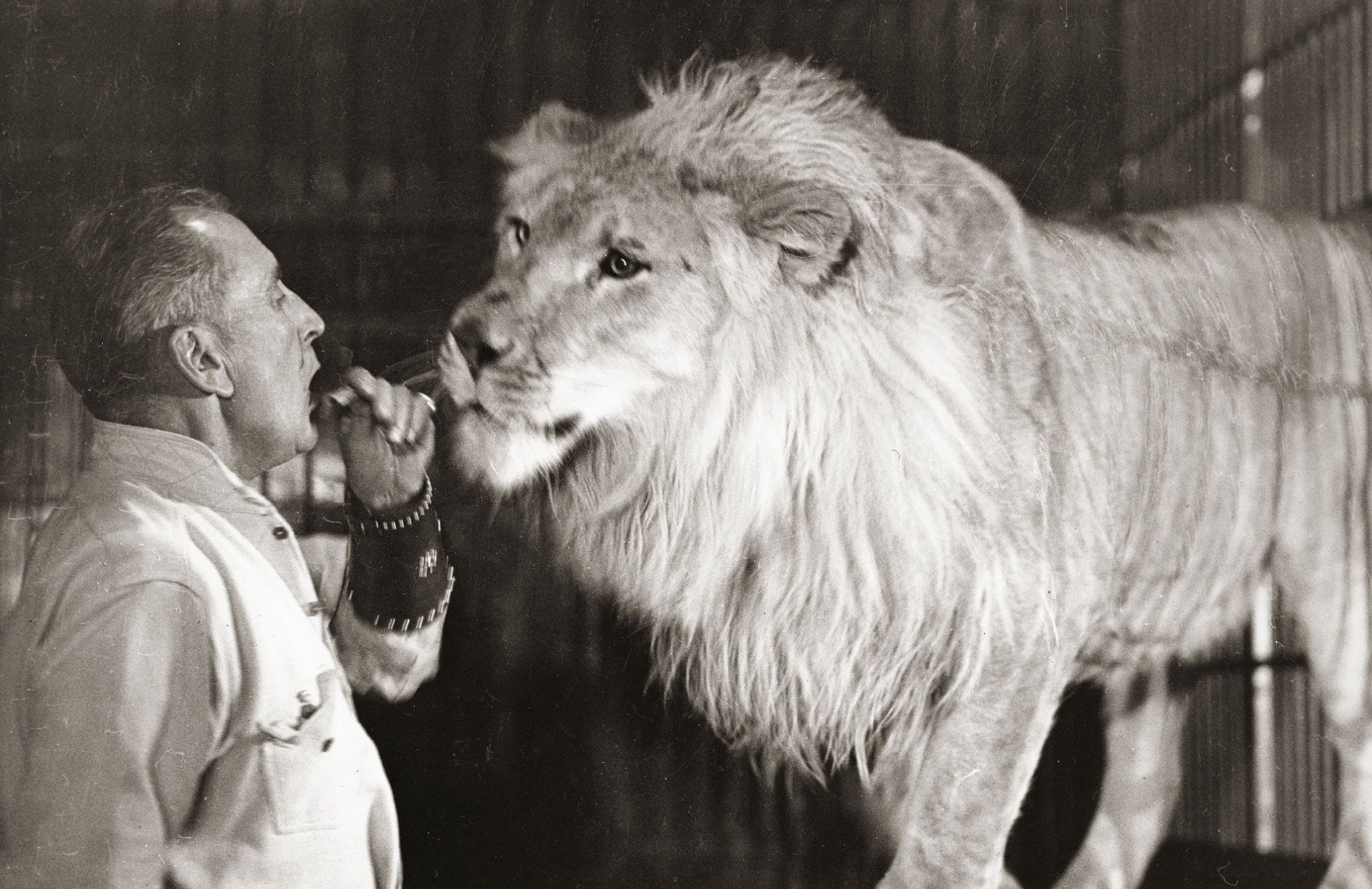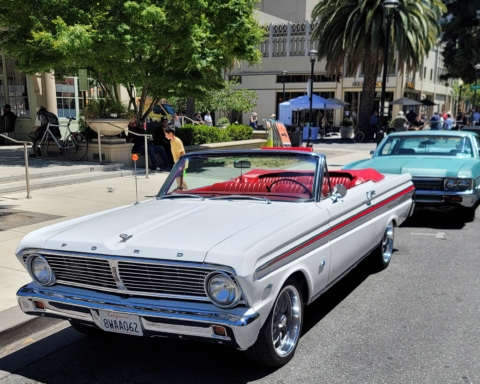F. Scott Fitzgerald wrote that “the rich are different from you and me,” to which Ernest Hemingway famously retorted: “Yes. They have more money.” George Whittell was rich, very rich, and was certainly different, so different he had his own zoo on his Woodside estate.
Born into a wealthy San Francisco family in 1882, Whittell had the smarts to sell off his inherited stock just before Wall Street crashed in 1929 and invest in gold. He died in 1969 in Redwood City when he was worth $40 million. In between, he lived a life that has been variously described as “colorful,” “eccentric” and “flamboyant.” Check all of the above.
One historian called Whittell a “king-sized playboy,” which is as good a summation as any. Another said Whittell liked “fast things, including cars, airplanes and women.” Classic Duesenbergs were among his autos while the airplanes ranged from a seaplane to a four-engine Boeing aircraft that had three lounges, four bedrooms and four baths.
This story was originally published in the March edition of Climate Magazine.
According to court documents filed in a lawsuit involving a tax squabble with Whittell, in 1909 his father built the 50-acre Woodside estate, which featured a large two-story house and additional structures, including servant cottages, a gatekeeper’s lodge, and a dairy. Eventually the land on Kings Mountain Road included a theater that could seat an audience of 100, a swimming pool, and a six-car garage. There was also a tunnel that reportedly allowed Whittell’s party guests to flee arrest during Prohibition. Today the estate belongs to entrepreneur Mike Markkula, an early investor in Apple Computers.
Off to the Circus
While Markkula has often been called “reclusive,” Whittell was just the opposite. For instance, he ran away from home and joined the Barnum and Bailey circus when he was a teenager, which early on showed his love of animals, clearly displayed later when he left the bulk of his estate to various animal welfare organizations. Like Hemingway, he served as an ambulance driver in Italy during World War I, the setting for the author’s “A Farewell to Arms.”
Whittell joined the American Army when the United States entered the conflict. After the war, in which Whittell was decorated by the French government, he returned to Woodside where his behavior can be charitably regarded as strange or bizarre. Newspapers reported his estate was home to a menagerie that included a lion, elephant, giraffe and a cheetah, the latter often seen seated in the passenger seat of Whittell’s car. Thalia Lubin of the Woodside History Committee told Climate that her husband, who grew up in Woodside, remembers Whittell “driving around town in his convertible with animals in the back seat.” He also recalled the loud roaring of the animals at night.
The lion, then a five-month-old cub, got Whittell into serious trouble at a Half Moon Bay hotel in 1934 when it attacked a man, according to the late Half Moon Bay historian June Morrall. In her book ”Half Moon Bay Memories,” Morrall wrote that the elegantly dressed millionaire got out of his car with the lion on a leash “ … as though he were walking a pet dog.” The man sued, but his case was dismissed, even though Whittell conceded the lion may have inflicted “a scratch.” Morrall wrote that Whittell’s defense included his claiming he was a resident of Nevada and was safe from California litigation.
A Home in Nevada
Whittell split his time between California and Nevada, which he used as tax haven. In 1938 he built the Thunderbird Lodge on the Nevada side of Lake Tahoe. The Nevada estate included a structure to house Mingo the elephant. The lodge is now a museum that offers docent-led tours to guests who arrive by boat.
According to the archives at the lodge, most of Whittell’s animals ended up in San Francisco’s Fleishhacker Zoo during World War II. However, he did keep many dogs and birds until his death. “He entertained a lot of people until his 70s,” an archives spokesperson said. “He just became less likely to leave Woodside due to his decline in health.”
Whittell was married three times. His third wife, Elia, was with him when he passed away.






